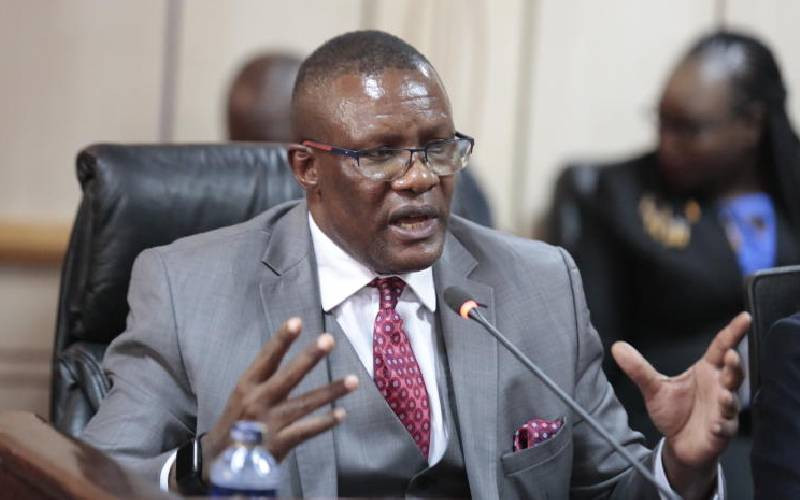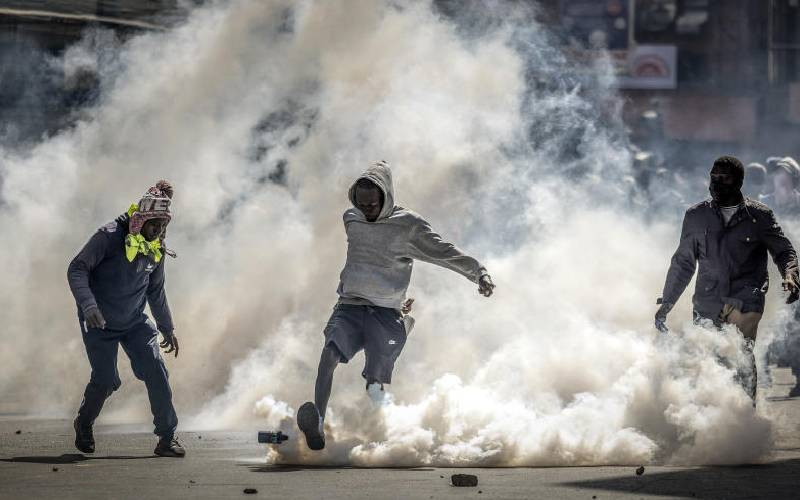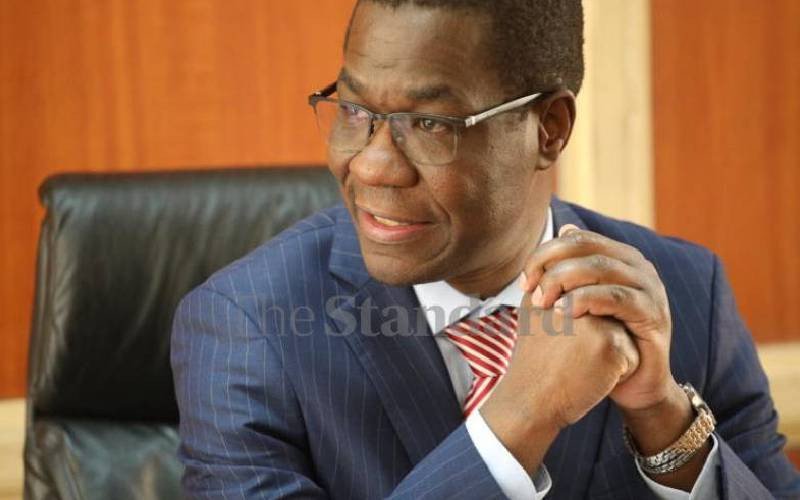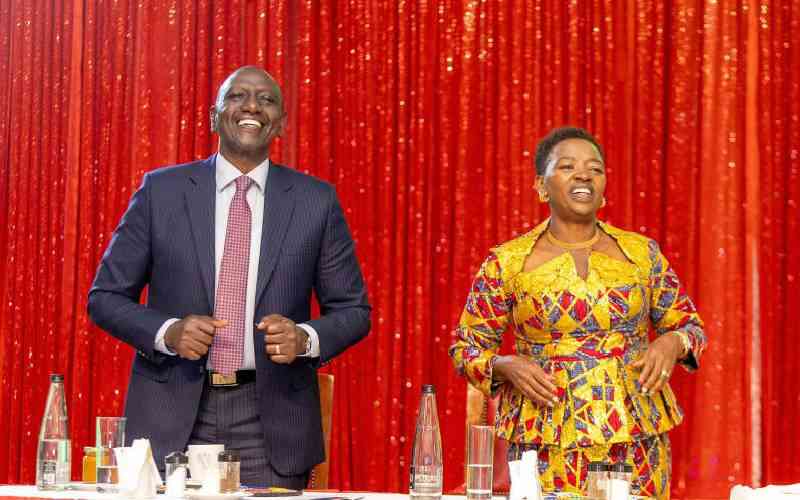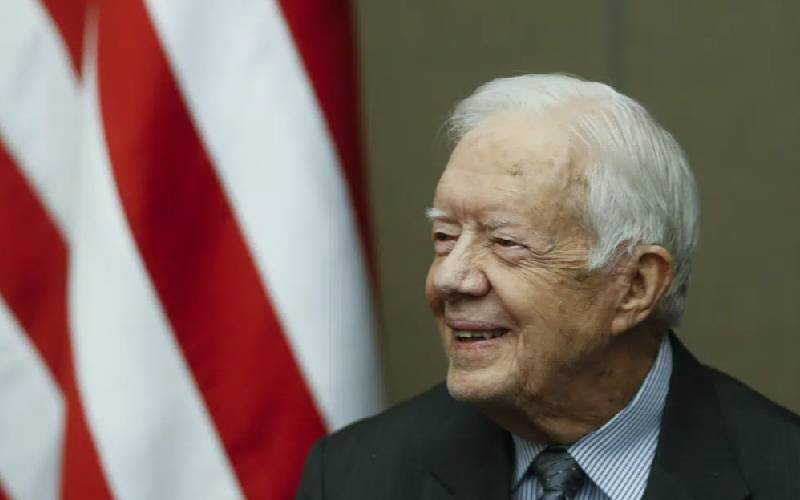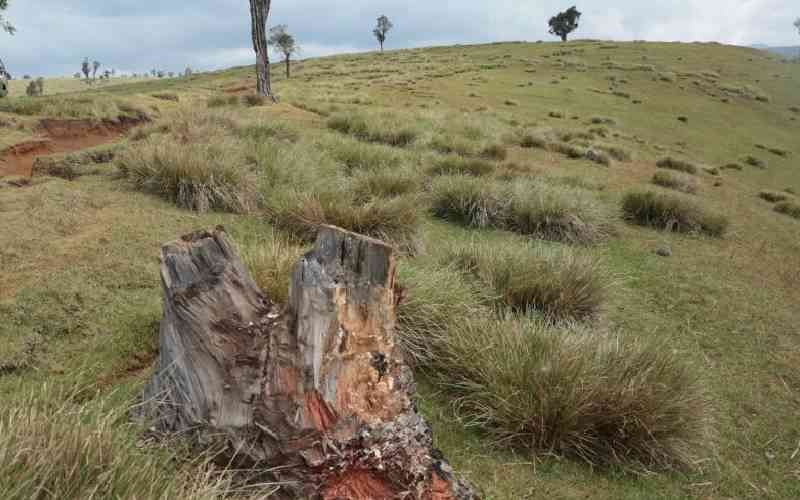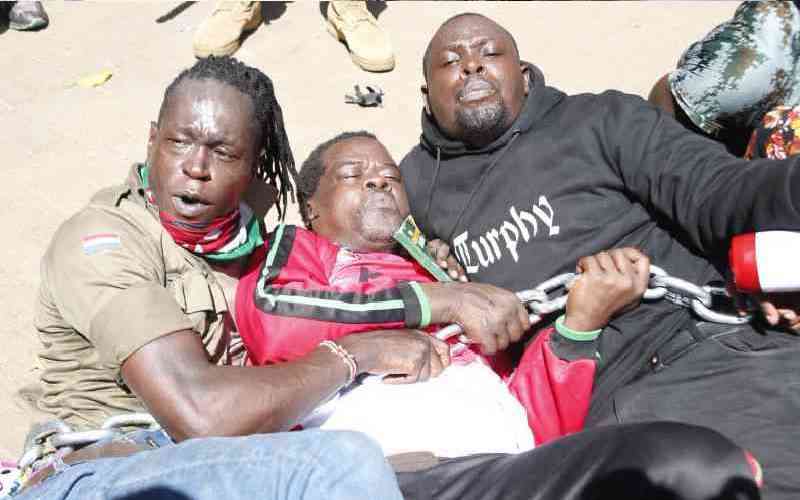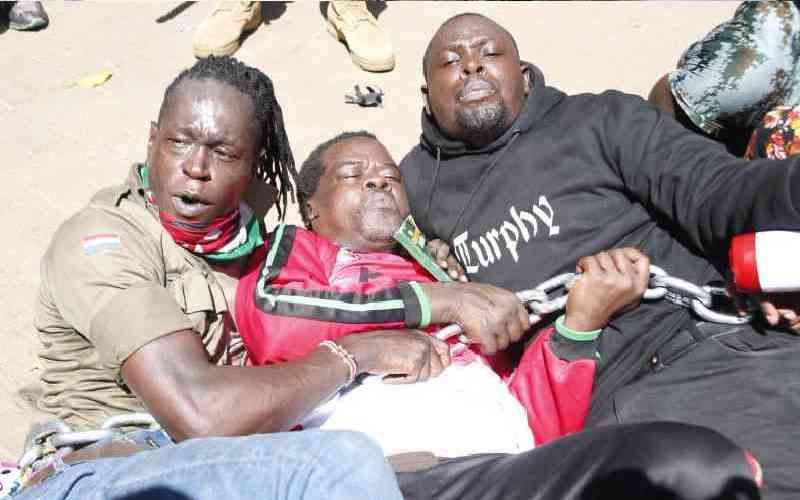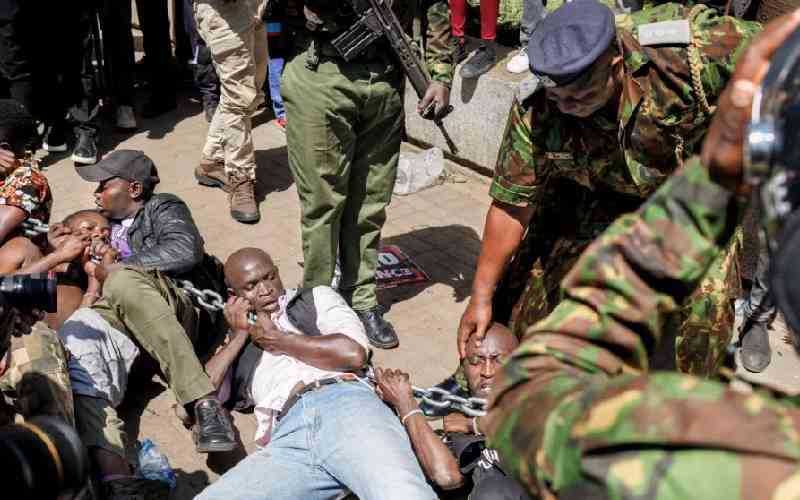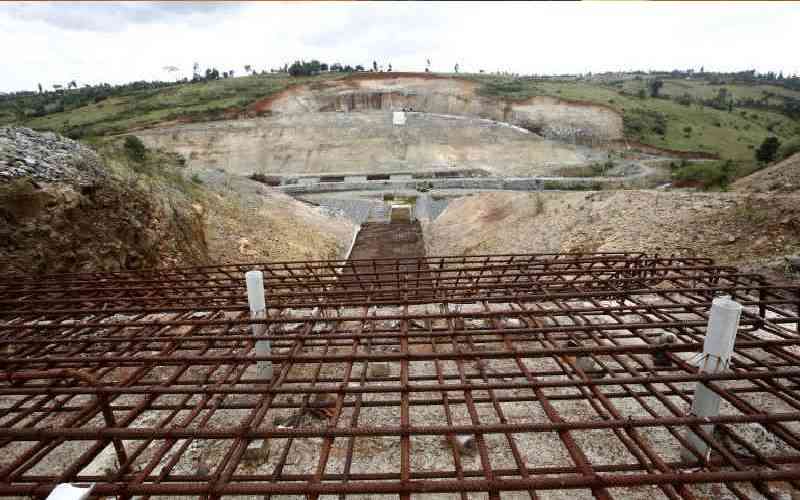
Uhuru Kenyatta and William Ruto met at Uhuru’s Ichaweri home cum emerging headquarters, eliciting much curiosity. It surprised those incapable of reading signs on the political wall. Although it was less predictable than the Ruto-Raila deal early in 2024 or the Uhuru-Raila mutual embracement in 2018, it still was clear that the political interests of the two men would force them to gravitate towards each other. They had worked together before.
Both men, as well Godfrey Rigathi Gachagua, were apprentices in Moi’s Kanu politics in the 1990s which emphasised the tendency to hoard power. Gachagua, an efficient anti-multiparty District Officer, DO, also acted as an aide to Uhuru. The DO in Gachagua never left him even after he switched to politics. Ruto’s debut in politics was through YK ’92 operations and dethroning Reuben Chesire in Eldoret in the 1997 elections.
He attracted Moi’s attention just as Moi plotted to bring Uhuru into the national politics by persuading nominated MP Mark Too to step down for Uhuru to enter Parliament where Uhuru met Ruto and the two became friends and ministers in Moi’s government. Moi’s insistence on Uhuru becoming the Kanu presidential candidate angered such Kanu hopefuls as Raila Odinga, George Saitoti, Moody Awori, Kalonzo Musyoka. While these quit Kanu to join Mwai Kibaki’s winning side that became Narc, Ruto remained in Kanu campaigning hard for Uhuru’s losing effort.
The two stayed together in Kanu up to 2007 when they parted ways during the election with Uhuru joining the winning Kibaki side and Ruto finding space in Raila’s Pentagon. Although they were on opposite sides in that election, they became united as the International Criminal Court (ICC) accused for the 2007 election violence. The accusations tightened the bond between them as they sought the presidency in 2012/13 and, against the campaigns and expectations of the Conceptual West, they won the election.
Frictions, normal in all political mergers and coalitions, started emerging and became open in Uhuru’s second term. In the matter of imagery and public perceptions, it was Ruto who appeared to deliver while Uhuru was laid back and appeared not to care for the plight of the people. Ruto’s winning hustler narrative contrasted sharply with Uhuru’s support for Raila Odinga, symbol of another Kenyan dynasty.
Ruto and Gachagua came to office breathing so much anti-Uhuru fire that they immediately lost policy and political direction. Blaming Uhuru for their various failures, they wasted public resources in questionable expenditures, showed big arrogance and conspicuous consumption at the very time they were imposing unreasonable taxes. In addition, friction between Ruto and Gachagua emerged and Ruto managed to get Parliament to hound Gachagua out of office by way of impeachment and conviction.
The public reaction to Ruto’s policies, including the Gachagua impeachment side show, was so hostile that he sought aid from Raila which led to the broad-based government in which Raila’s ODM ‘Biggies’ became Cabinet secretaries and loud cheer leaders for Ruto. With ousted Gachagua increasing in popularity, Ruto desperately reached out to Uhuru. The two greeted each other in Embu and probably agreed to have serious discussions later.
The meeting at Ichaweri was both secret and public; it corners Uhuru. The secrecy was that it was just the two men talking without aides and symbols of power, in Uhuru’s territory. It was public in letting the public know they had met probably to canvass restructuring the government to include Uhuru ‘representatives’. As former president, Uhuru is obliged to respect and give advice to the President when it is needed.
- Ruto remains mute as healthcare crisis worsens
- Government calls on KMPDU to end strike
- Ruto meets KMPDU officials, promises lasting solutions to end industrial strikes
- Ruto forms a 20-member team to audit healthcare resources
Keep Reading
The public concern, however, was not about the meeting or who Ruto would appoint. It was on whether Uhuru had sold out to Ruto, the Raila way, in exchange for friends getting Cabinet appointments. Having lost the 2022 election partly because of negative perceptions, can Uhuru extricate himself from the perception logjam that he finds himself in?
 The Standard Group Plc is a multi-media organization with investments in media platforms spanning newspaper print
operations, television, radio broadcasting, digital and online services. The Standard Group is recognized as a
leading multi-media house in Kenya with a key influence in matters of national and international interest.
The Standard Group Plc is a multi-media organization with investments in media platforms spanning newspaper print
operations, television, radio broadcasting, digital and online services. The Standard Group is recognized as a
leading multi-media house in Kenya with a key influence in matters of national and international interest.

